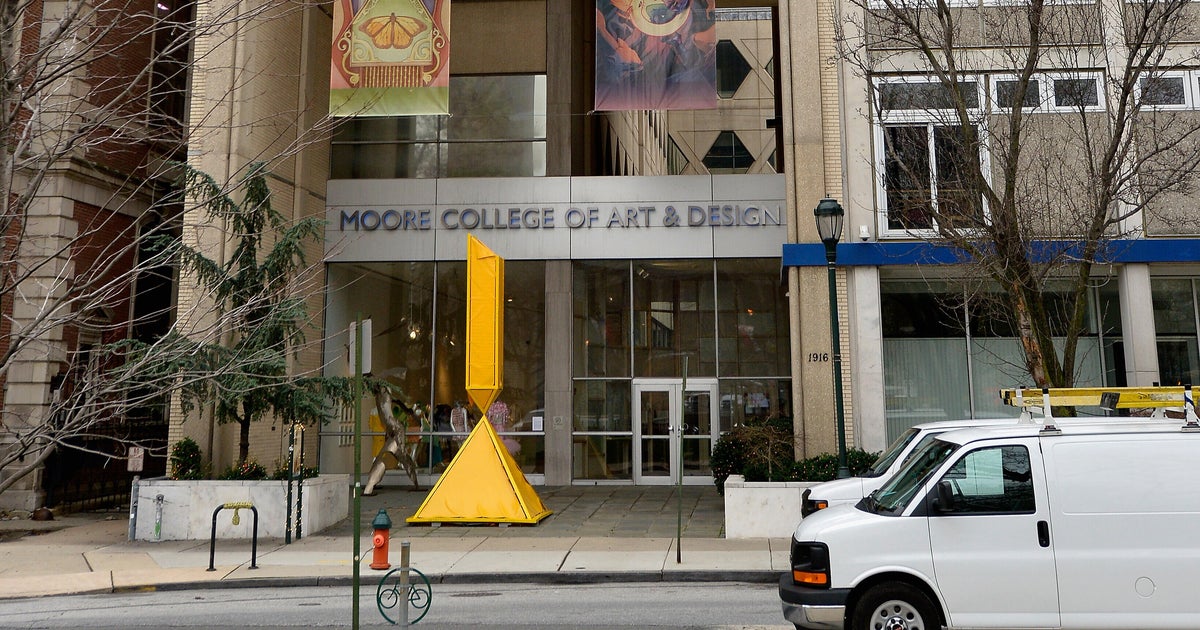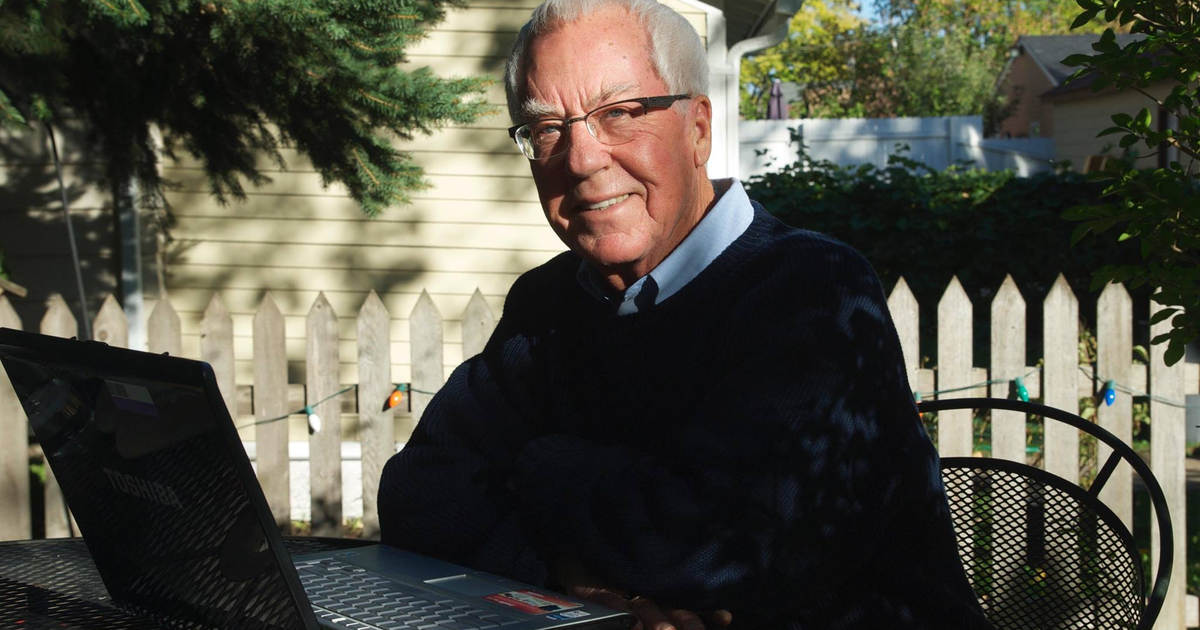How To Avoid Crushing College Debt
CHICAGO (CBS) -- For some, going to college looks like a way to make money. But today's college graduates, saddled with billions of dollars in loans, are in more debt than people with credit cards.
According to a government study, six out of 10 students will graduate with debt. Nationwide, they owe $870 billion.
As CBS 2's Dorothy Tucker reports, students like Caitlin LaCour assume up to $100,000 dollars in debt to get their degree. When she first enrolled in college, LaCour says she had no idea what she was getting herself into.
LaCour graduated from Columbia College in 2011 with a bachelor's degree in radio and has since moved back home to save money.
"I'm stuck. I have nowhere to go because of my loans," she says.
Working three jobs, she scrapes by with $1,200 in month; $750 of that goes toward paying off her $100,000 in college debt.
"All my friends, we're all working every day, to pay off our loans," LaCour says.
Some students know the exact price tag of their diploma but choose to go into debt, anyway.
Jim Sannes, a student at Northwestern University, says he will be $60,000 in debt when he graduates.
Despite receiving a full scholarship to another school, Sannes says he chose to attend Northwestern, his dream school, because "the experience here would be so much better here than I'd get anywhere else."
For others, accumulating debt for college -- even at their dream school -- is not an option.
Kaitlyn Morgan says her "heart was set" on the University of Wisconsin-Madison, but she chose the College of DuPage, a community college in west suburban Glen Ellyn.
At DuPage, out-of-district tuition is just $8,000 a year. If she had attended Madison, Morgan would have shelled out $40,000 -- paying the majority of it with loans.
"Knowing that I can go to school and enjoy school and enjoy learning and come out of it with a bright future ahead of me -- not a road block of debt -- it's a very nice feeling," Morgan says.
More than 370,000 students are enrolled in suburban community colleges.
Financial expert John Grouleau said that attending these schools, which offer significantly lower tuition rates than other colleges, is a smart choice for students looking to save money.
Students can always attend a community college for two years and then transfer to another school, Grouleau said. They can also turn down their dream school in favor of attending a smaller college with a more generous financial aid package.
Other ways to save money include attending a local, four-year university and commuting from home, taking a year off from school to work and pay off loans, or going to a school that offers co-ops -- programs that allow you to take classes for a semester and then work to pay off loans the next semester.
For Caitlin, who estimates it will take her 30 years to pay off her $100,000 debt, the sacrifice she would have to make for her degree was not on her mind when she entered college.
"You don't think about a lot of things when you're 18," LaCour said.
Online resources can help students determine the type of financial aid, including loans, they can expect to receive. They include Alltuition; Fastweb; and FinAid.







